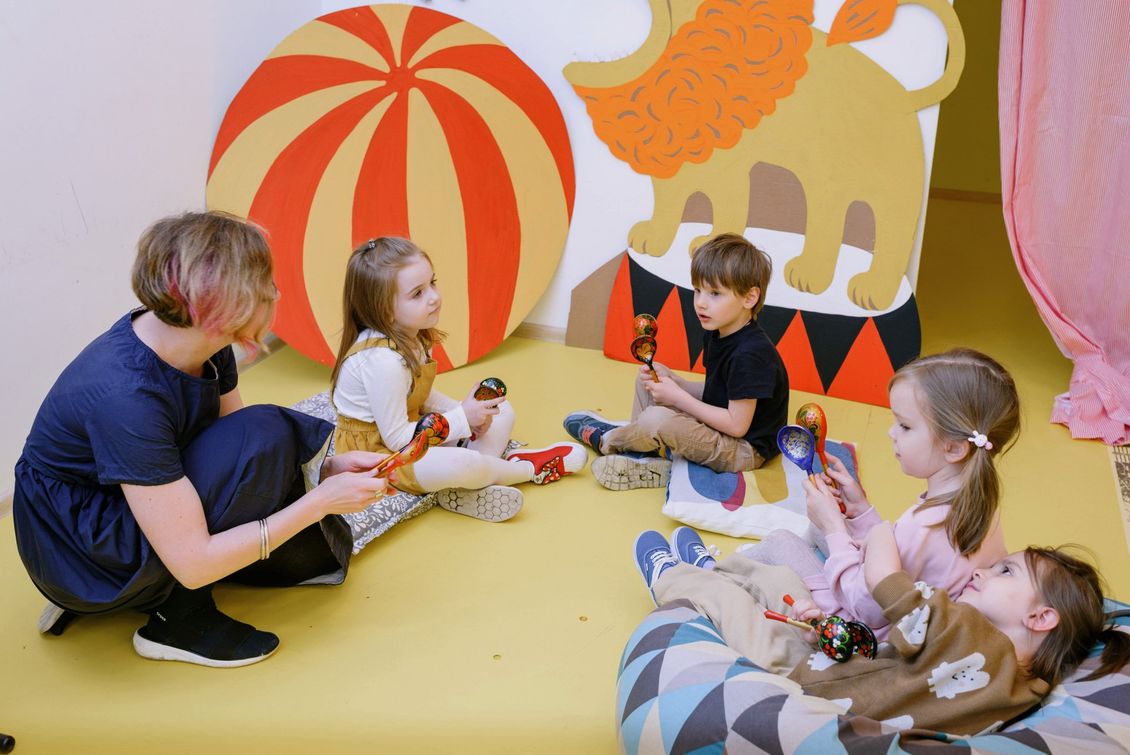Shoreline Music Therapy Services, LLC
Frequently Asked Questions
-
What is Music Therapy?
Music therapy is the professional use of music and its elements as an intervention in medical, educational, and everyday environments with individuals, groups, families, or communities who seek to optimize their quality of life and improve their physical, social, communicative, emotional, intellectual, and spiritual health and wellbeing. Research, practice, education, and clinical training in music therapy are based on professional standards according to cultural, social, and political contexts (WFMT, 2011)
-
Who benefits from music therapy?
Music therapy may benefit individuals of all ages, diverse abilities and diagnosis including:
Individuals with special needs
Individuals with ASD
Individuals on hospice or at end of life
Individuals with Alzheimer’s or dementia
Individuals with Parkinson's Disease
Individuals with mental health disorders such as
Anxiety
Depression
Eating disorders
Post traumatic stress disorder
Individuals with chronic pain
Military service members or veterans
See fact sheets below for more details regarding specific populations or contact us for more information.
-
Where do music therapists work?
Music therapists work in schools, private practice, senior centers, nursing homes, hospice programs, facilities, medical hospitals, outpatient clinics, day care treatment centers, early childhood programs, agencies serving persons with developmental disabilities, community mental health centers, drug and alcohol programs, and correctional facilities.
Music therapists may also partner with organizations to offer music therapy within the community.
-
Who is qualified to practice music therapy?
A music therapist academically and clinically trains at an accredited American Music Therapy Association (AMTA) university or college for 4+ years. Music therapy programs can include courses in psychology, sociology, counseling, disabling conditions, special education, music theory/composition, music education, music performance, and music technology. Four different practicum placements occur during academic training, and then a 1,200 hour internship with supervision from a Board-Certified Music Therapist (MT-BC) must be completed. Upon completion, a music therapist takes a board-certification exam to become certified to clinically practice in the US.
Music therapy degrees occur on a Bachelor's, Master's or Master's equivalency, and Doctorate level. Some music therapists who work with specific populations choose to further their education and range of skills with specialized trainings in Neurological Music Therapy, The Bonny Method of Guided Imagery and Music, and Neonatal Intensive Care Unit Music Therapy to name a few.
For more information on the requirements to become a board-certified music therapist, please refer to the Professional Requirements at the AMTA website.
-
Is there research to support music therapy?
The American Music Therapy Association (AMTA) promotes a vast amount of research exploring the benefits of music therapy through publication of the Journal of Music Therapy, Music Therapy Perspectives and other sources. In addition to research published by AMTA, there are countless articles demonstrating the effecctiveness of music therapy published in medical and clinical journals across the world.
-
What are some misconceptions about music therapy?
Some people assume that the client or patient must have preexisting musical ability to benefit from music therapy. This is not the case. Music therapists can work with clients that have a variety of musical skills, from no musical experience to a career in music.
Another common misconception is that there is one particular style or genre of music that is more therapeutic than the rest. Any style of music might be useful in effecting change in a client’s life. Music therapists take into account individual preference, and identified goals when determining what kind of music to use.
-
What does a music therapy session look like?
Sessions can look so different because music therapists work with a wide variety of ages and populations on many different goals. What sessions do have in common are the inclusion of music and goal or purpose.
Examples:
- Using live or recorded music used to facilitate movement and exercise
- Use of personalized music experiences with a client to evoke memories, facilitate a sense of connection to one’s self/identity and provide opportunity for life review and discussion.
- Music reminiscence groups using client preferred music to promote social participation, connection and discussion
- Relaxation through music listening and imagery to support sleep, reduce agitation and/or anxiety
- Group drumming or improvisation to promote connection and empowerment
- Music instrument improvisation individually or within a group setting for social connection, self expression, enhance mood, increase alertness, and physical movement
- Lyric analysis or songwriting to process emotions, validate experience and communicate feelings
- Life review or legacy creation through songwriting, music playlists or collection musical recordings
- Singing to encourage vocalization and support communication goals
- Instrument play to meet fine/gross motor needs, social emotional goals
-
Do you need to be "musical" to benefit from music therapy?
Absolutely not! Music is for everyone regardless of ability or previous experience. If you simply enjoy listening to, playing, or creating music, we can meet and see how music therapy may best benefit you, your strengths, and your goals.
-
How much does music therapy cost?
Individual session standard rate:
$100 for initial assessment (two 30 minute sessions)
$55/30 minute session
$110/60 minute session
Group rates, enrichment and wellness classes or professional development rates vary - for a specific price quote, please contact us!

Music Therapy Fact Sheets
Sign up for our future newsletter!
Contact Us
Thank you for subscribing!
Please try again later.

